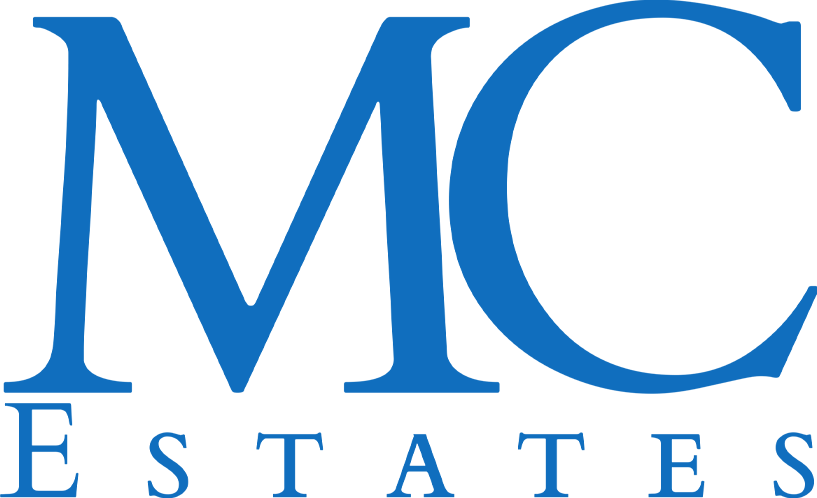Legal Guide for Property in Costa del Sol
The process of buying or selling property on the Costa del Sol involves specific legal, financial, and administrative steps. Understanding the process helps ensure a smooth transaction and avoids costly mistakes.
1. Buying a Property on the Costa del Sol
1.1. Steps to Purchase a Property
- Research and Property Selection
- Use real estate agents or property portals to identify properties of interest.
- Verify the property’s legal status and condition.
- Mortgage Arrangement (if needed)
- Obtain pre-approval from Spanish banks.
- Costs: Bank fees, valuation (around €500), and notary charges.
- Reservation Agreement
- Sign a reservation agreement to remove the property from the market.
- Typically involves a deposit of €3,000–€6,000.
- Hire a Lawyer
- Essential for due diligence, drafting contracts, and liaising with parties.
- Fees: Around 1% of the purchase price (+ VAT).
- Due Diligence
- Lawyer checks the property’s title, debts, charges, and compliance with planning laws.
- Request a “Nota Simple” from the Land Registry.
- Private Purchase Contract
- Signed after due diligence, usually 10% of the purchase price is paid.
- Includes terms of sale, completion date, and penalties for breach.
- Completion at Notary
- Finalize the sale by signing the “Escritura de Compraventa” (Deed of Sale).
- Pay remaining purchase price.
- Obtain the keys.
- Registration
- Notary sends the deed to the Land Registry.
- Registration costs: 1%–2% of the purchase price.
1.2. Taxes and Costs for Buyers
-
- Property Transfer Tax (ITP)
- Resale property: 7%–10% depending on the price bracket.
- New property: VAT (IVA) at 10% + Stamp Duty (1.5%).
- Property Transfer Tax (ITP)
-
- Notary and Registration Fees
- Combined cost: 1%–2% of purchase price.
- Notary and Registration Fees
-
- Legal Fees
- Approximately 1% of the purchase price (+ VAT).
- Legal Fees
-
- Bank Fees
- Mortgage arrangement fees: 0.5%–1.5% of the loan amount.
- Bank Fees
- Other Costs
- Home insurance and utilities setup.
-
Selling a Property on the Costa del Sol
2.1. Steps to Sell a Property
- Valuation and Pricing
- Obtain a professional valuation.
- Set a realistic asking price.
- Appoint an Agent
- Real estate agent fees: 5%–6% of the final sale price (+ VAT).
- Prepare Documentation
- Essential documents:
- Title deeds (“Escritura”).
- Nota Simple (Land Registry extract).
- Energy Performance Certificate (EPC).
- Essential documents:
- Marketing the Property
- Agents market the property online and to potential buyers.
- Reservation Agreement
- Buyer signs a reservation agreement and pays a deposit.
- Private Purchase Contract
- Outlines the terms of sale and completion date.
- Completion at Notary
- Finalize the sale by signing the deed.
- Ensure all utility bills, taxes, and community fees are paid.
2.2. Taxes and Costs for Sellers
- Capital Gains Tax
- Residents: 19%–23% on gains.
- Non-residents: Flat rate of 19%.
- Plusvalía Tax
- Based on the increase in land value.
- Amount depends on municipal valuation and years of ownership.
- Real Estate Agent Fees
- 5%–6% of the sale price (+ VAT).
- Legal Fees
- Approximately 1% of the sale price (+ VAT).
- Mortgage Cancellation Fees (if applicable)
- Bank fees for cancellation: 0.5%–1% of the remaining amount.
- Valuation and Pricing
Key Legal and Financial Considerations
- NIE (Número de Identidad de Extranjero)
- Required for all transactions.
- Apply at Spanish consulates or local police stations.
- Opening a Spanish Bank Account
- Necessary for paying taxes, utility bills, and mortgages.
- Tax Residency
- Determine your tax residency status to understand tax obligations.
- Currency Exchange
- Consider currency exchange services to minimize transfer costs.
Checklist for Buyers and Sellers
Buyers
- Obtain NIE and Spanish bank account.
- Conduct thorough due diligence.
- Budget for taxes, fees, and additional costs.
Sellers
- Ensure all taxes and fees are up-to-date.
- Provide necessary documents.
- Understand tax implications (e.g., Plusvalía, capital gains).
Typical Timeline
- Reservation Agreement: 1–2 weeks.
- Due Diligence: 3–4 weeks.
- Private Purchase Contract: 1–2 weeks after due diligence.
- Completion: 6–10 weeks from the initial agreement.

